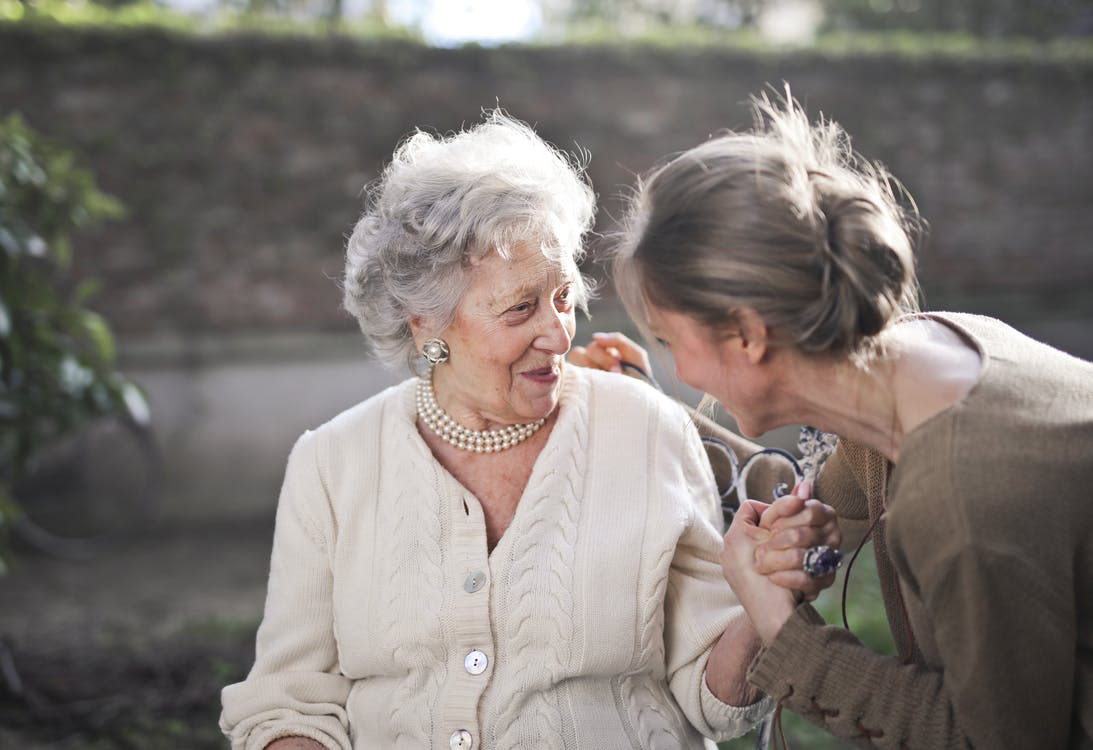Providing care for your aging parents can help bring you together and tighten your bond. Many of our aging parents have a long-term illness, disability, or a severe medical condition, which means that they need constant attention and specialized care. However, balancing your work life, children, and taking care of your parents can prove to be quite stressful, especially if you live far apart from each other. While it’s not always easy to be present whenever they need, you can also monitor them remotely. With a growing population of aging people in many countries, monitoring seniors’ safety is now a big business. Wondering where to start? Please read our guide to find out more.
1. Elderly Monitoring Systems
Monitoring elderly parents can be done remotely where caregivers can invest in monitors, cameras, and alarms, made with specialized sensors to become your eyes and ears. There are plenty of online stores known to offer the latest personal surveillance technology in surveillance systems. All that is needed is for you to go to their website for the best virtual assistance care systems for surveillance purposes. Elderly monitoring systems are uniquely made to serve different functions, but most of them keep track of a few things. Some of them include:
- Location
- Health (for example, temperature, blood pressure, and weight)
- Comfort
- Wellness
- Safety
As discussed above, the systems collect a wide range of data like movement, sleep patterns, and general behavior. This information is essential when assessing their health history with a health care provider.
How Do I Choose the Best Pick?
In an ocean full of monitoring systems, it can be overwhelming to choose what works for you. It’s essential to consider their needs as well as your budget and other related costs. To find a good fit, it’s necessary to ask yourself the following questions:
- Are there monthly fees to be made?
- How does it work, and where will it be installed?
- Do the software involved need regular updating?
- Is the recorded data safe?
- Does the company have a good reputation in data privacy?
- Does the device have a waterproof feature?
- What is the range of the sensors and their mobility and connectivity?
It’s also important to know whether other family members can connect to the devices involved for regular updates. All in all, go for something functional that will bring the best value for your money.
2. Caregivers
In many cases, your aging parents might not require twenty-four-seven assistance and attention. In this case, you can create a local network of friends and relatives to help your parents in simple tasks like traveling for their medical checkups, preparing meals, and shopping for essential items. But, if your parents require specialized care, then you will need to hire a professional caregiver. Work together with the caregiver to develop a proper schedule to discuss the duration and frequency of the visits. When hiring a caregiver, it’s essential to understand that we have informal and professional caregivers. You can also hire a nursing assistant who can deal with any medical emergencies if they arise.
3. Mobile Phone Applications
Phone applications can assist you in monitoring the vital health aspects of your parents. Mobile applications come installed with GPS sensors, which means that you can monitor their whereabouts anytime. More importantly, you can communicate with your parents on the same applications for regular updates if you live away from them.
4. Are Virtual Assistants Reliable?
Virtual assistants’ popularity has grown lately, with Google Home and Alexa being the most commonly used. With the help of virtual assistants, your parents can easily control and change some simple functions in the house. Virtual assistants are intelligent, and they can be set with simple actions like reminding your parents when to take their medicine or perform a certain task. With the help of a technical assistant, you can program the virtual assistant to send you a notification via mail in the event of a trigger or anything important. This means that the system provides you with regular and important updates on your parents’ health.
5. Motion Sensors
Movement sensors such as area rugs or bed pads are available to help you monitor your elderly parents. Most of them are wearable and come in the form of bracelets, watches, and necklaces. They are made intelligently with internal pressure sensors that trigger an alarm in the event something unexpected happens. Most of them are made to suit indoor and outdoor areas.
It would be best if you involved your parents when planning for their care. Doing this helps them see you more as a concerned partner than someone who only wants to make changes. Start with less invasive approaches as you go along.

